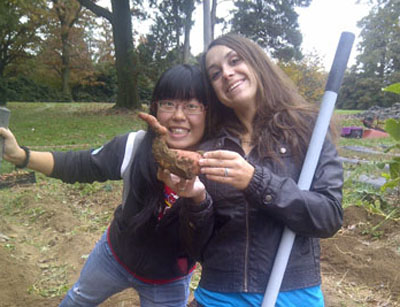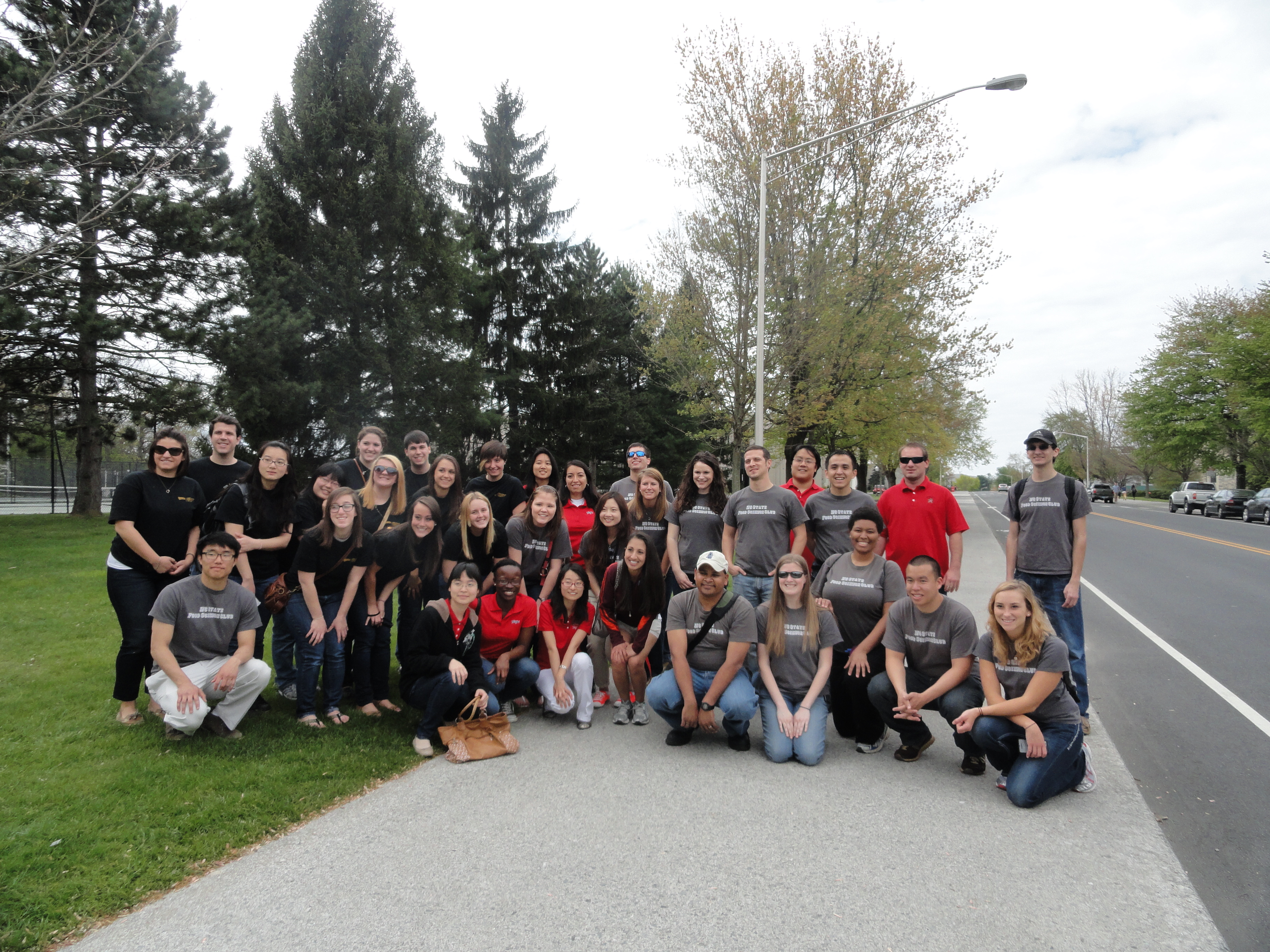By Kate Sweitzer
Traditions run deep. Everything from large family picnics in the summer to evening meals around the dining room table. Each has a routine that has been passed down through generations. Amongst these traditions are habits that may contradict safe food handling.
A barrier to teaching good, safe food habits are these ingrained traditions. For example, the Thanksgiving centerpiece turkey is often left on the table or counter for the duration of the extended meal. What about when we thaw chicken on the counter or in the sink? Or better yet, when we microwave leftovers, but never rotate, stir, or heat until too hot to eat before enjoying. There are many other examples, too numerous to count.
Current safe food handling practices seem foreign to many consumers. How many of us take the temperature (properly) of every burger we cook? Do we even own an accurate food thermometer? What about keeping a thermometer in our fridge? Do we scrub thoroughly for at least 10 seconds every time we wash our hands? Exactly.
Adoption of new habits is difficult, especially when they fly in the face of our upbringing. When teaching others good practices, resistance is ubiquitous.
Common responses I have heard are:
“Dirt is good for me.” or “A little dirt never hurt.”
“This is the way it has always been done.” or “This is what I do.”
“Why do I need to take the temperature, when the color of my chicken changed?!”
“I have not gotten sick yet.” or “I am not always sick so it must not be that bad.”
…or my favorite, “You worry too much!”
Do any of these sound familiar?
They may have a point that I worry too much; however, it is incredibly difficult to listen to consumers become pickier and pickier with what they think is real, safe food, while still practicing dangerous habits in their own kitchens.
Changing these habits is going to take a substantial grassroots effort or a cultural shift. Let’s not let IFT’s new campaign a World Without Food Science, which emphasizes safe, abundant, high quality food, be taken for granted. Ignorance is easy. We can choose to ignore our knowledge or we can use it.
Our challenge as food scientists, as informed consumers, and as children, grandchildren, and friends is to turn around these habits. We need to create a food safety culture for our generation and for our world.
How do we do it? What suggestions do you have to make this change? What can we do now, this year, and this lifetime to transform these habits one person and one family at a time?






One of my favorite lines people say is “oh you’re not going to die if you eat this” when in fact many people do get sick and die just from eating food. I think it falls upon us as people with food science knowledge to influence a change in other people’s behavior. This is easier said than done. I think the best way is not only to tell people what they’re doing wrong but to explain why. I guess since all day long I’m correcting bad food safety habits at work, I do it automatically outside of work. People may resist at first but if you make a strong case and go into the science of it you can eventually get through to them and cause them to change their habits. Excellent, Excellent post!
This mentality extends even further than just consumers. You may think many food companies are up to standard and trying to be safe, but you’d be surprised how many still operate on old-fashioned thinking when it comes to food safety. Working in the food industry, I’ve heard anywhere from “We’ve done it like this for years and noone has gotten sick” to “It was just on the ground for a moment, what’s the big deal?” In those situations, I’ve found you just have to explain as best you can and educate. Unfortunately, I see things like the Jensen’s Farms recall cantaloupe last year and think that they didn’t have someone to tell them about food safety.